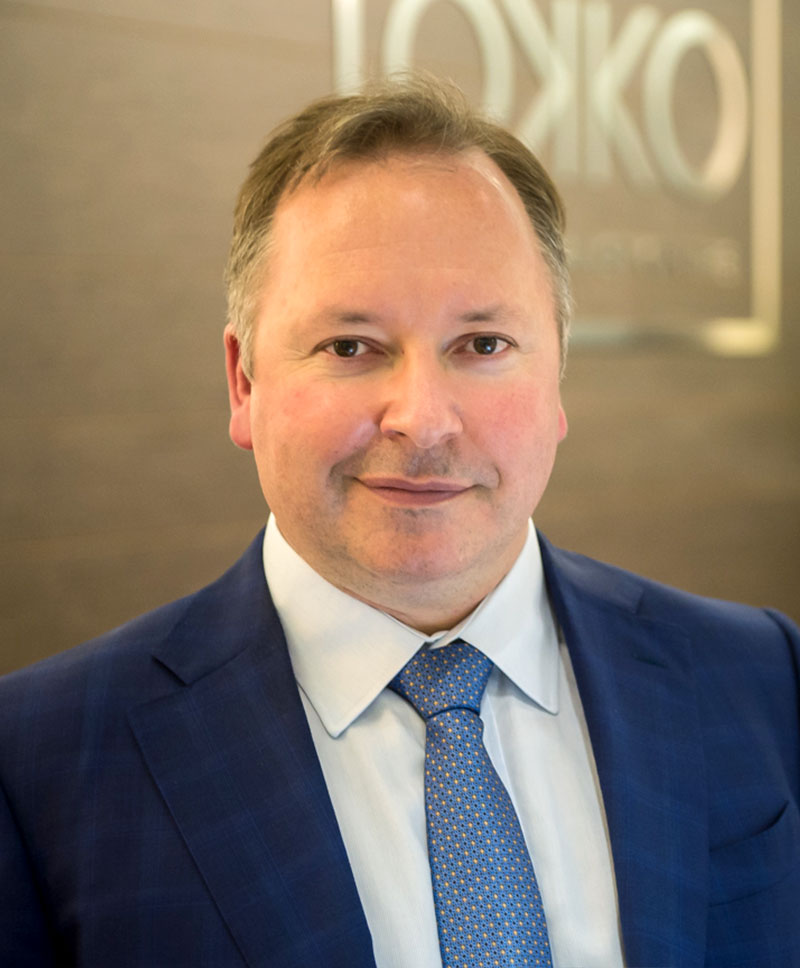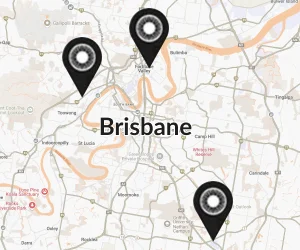
Does PRK surgery last forever?
If you're thinking about laser eye surgery to improve your vision, you might be wondering: Does PRK surgery last forever? The short answer is that for most people, yes, the results are long-lasting1https://www.healthline.com/health/prk. But like any medical procedure, there are a few things to understand about how PRK works and what can affect how long your vision correction lasts.
In this article, we explain how permanent PRK surgery is, what might cause changes over time, and how it compares to LASIK. If you're ready to learn more about PRK, visit our PRK Surgery Brisbane page or take our suitability self-test.
How permanent is PRK?
PRK (Photorefractive Keratectomy) is a type of laser vision correction. It reshapes the front surface of the eye (the cornea) to fix problems like:
- Nearsightedness (myopia)
- Farsightedness (hyperopia)
- Astigmatism
The changes made during PRK are permanent. Once the cornea is reshaped, it doesn’t "go back" to its old shape.
Most people enjoy many years or even decades of clear vision after the procedure. In fact, some people never need glasses again2https://pubmed.ncbi.nlm.nih.gov/31830293/.
What affects how long PRK surgery lasts?
There are a few things that can influence how long your PRK results last:
- Age at time of surgery: Eyes can change naturally as you get older, especially around age 40–45
- Prescription strength: People with higher prescriptions may have a small chance of mild regression
- Healing process: Following post-op instructions helps your eyes heal well
- Health conditions: Diabetes, dry eye, and other eye conditions can affect long-term vision.
PRK vs LASIK: Which surgery lasts longer?
Both PRK and LASIK offer long-term results. The main difference is how the procedures are done3https://www.healthline.com/health/eye-health/prk-vs-lasik#efficacy:
- PRK: No flap is created. The surface layer is removed and grows back during healing.
- LASIK: A flap is created in the cornea, then lifted so the laser can reshape the tissue underneath.
In terms of how long they last, both are considered permanent, but PRK may be more stable for people with dry eyes or thin corneas.
Does PRK last longer than LASIK?
There is no strong evidence that PRK lasts longer than LASIK. But it may be a better option if you have certain risk factors (like thin corneas) or if you're in a job where corneal flaps could be a concern (e.g., contact sports, military).
The key to long-term success is choosing the right procedure for your eyes and following up with your surgeon as needed.
Blurry vision 2 years after PRK?
If your vision becomes blurry a few years after PRK, don’t panic. This can happen for a few reasons:
- Age-related changes, like presbyopia (difficulty reading up close)
- Natural shift in your cornea
- Cataracts developing later in life.
Your eye care provider can help determine the cause and discuss whether you need glasses or further treatment.
Will I have to wear glasses years after PRK?
Possibly—but not necessarily.
If your vision was corrected for distance, you may eventually need reading glasses after age 45 due to presbyopia.
Some people also find they need a mild prescription for night driving or reading fine print years after their PRK procedure. But many enjoy glasses-free vision for a long time.
How many times can PRK be done?
PRK can sometimes be repeated if needed. This is known as an enhancement procedure.
Enhancements are more likely if:
- Your original prescription was very high
- Your vision regresses slightly over time
- Your eye health remains suitable for retreatment.
Your surgeon will let you know if a second procedure is safe for your eyes.
What else to expect from your PRK surgery and recovery process
Recovery from PRK takes longer than LASIK4https://www.healthline.com/health/eye-health/prk-vs-lasik#efficacy. Here’s a general timeline:
- Week 1: Surface cells heal; blurry vision and discomfort are common
- Weeks 2–4: Vision begins to stabilise
- Months 1–3: Final results become clearer.
Your surgeon may prescribe:
- Anti-inflammatory and antibiotic eye drops
- Artificial tears for dryness
- Sunglasses to protect from UV exposure.
How long does it take to get 20/20 vision after PRK?
Some people notice improvement in the first few weeks, but for others, it can take up to 3 months for vision to fully stabilise5https://pubmed.ncbi.nlm.nih.gov/31830293/.
The wait is worth it—PRK delivers sharp, long-term results without the flap-related risks of LASIK.
Final thoughts
PRK is a trusted, long-lasting laser eye surgery that has helped many people enjoy years of clearer vision. While it may not "last forever" in every case, the changes made to your cornea are permanent. Age-related vision changes may still occur over time, but many people enjoy the benefits of PRK for decades.
If you’re considering PRK and want to know if it’s right for you, the best place to start is with a consultation or take our PRK suitability self-test.

Hi, I’m Dr. Matthew Russell, a laser and cataract surgeon
HI I’M DR. MATTHEW RUSSELL A LASER EYE AND CATARACT SURGEON
With over 15 years of experience, I enjoy the privilege of helping patients of all ages reclaim clear vision or preserve it for as long as possible.
Vision correction and high-precision cataract surgery hinge on the expertise and skill set of the provider who also has access to the most precise tools for the job. Ophthalmic surgeons like me know how to make treatment safe, comfortable and positive for the patient. They know how to minimise the risk of complications and maximise successful outcomes.
I have a passion for helping my patients enjoy the clear, high-definition vision they need to live rich and active lives. Now, I have hand-picked a team of professionals that share my passion and commitment to exceptional care.
Dr. Matthew Russell
MBChB, FRANZCO






